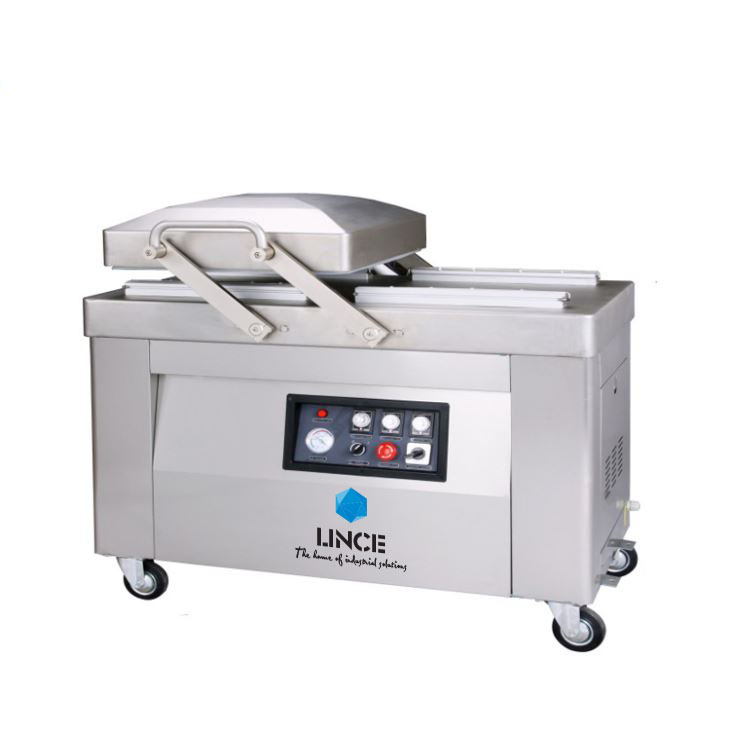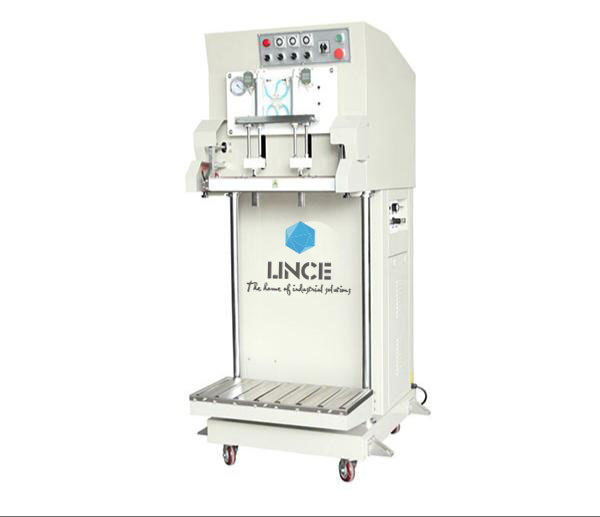Description
A vacuum packing machine, is an essential tool for businesses and individuals seeking to extend the shelf life and preserve the quality of a wide range of products. By removing air from a package before sealing it, these machines create an airtight environment that inhibits the growth of bacteria and mold, preventing spoilage and maintaining freshness.
Vacuum packing machines offer numerous advantages, making them a valuable investment for various industries, including food, pharmaceuticals, and electronics.
- Extended Shelf Life: By eliminating oxygen, vacuum sealing can extend the shelf life of food products by 3 to 5 times compared to traditional storage methods. This reduces food waste and saves money.
- Preserved Quality: The absence of air prevents oxidation, which can cause food to lose its flavor, texture, and nutritional value. Vacuum sealing locks in freshness and taste.
- Cost Efficiency: Buying in bulk is more economical, and a vacuum sealer allows you to preserve these bulk purchases for future use, reducing overall food costs. It also minimizes product loss due to spoilage.
- Improved Food Safety: Vacuum sealing creates a protective barrier against external contaminants, such as moisture, dust, and insects, ensuring that products are safe and hygienic.
- Space Optimization: Vacuum-sealed packages are compact, allowing for more efficient use of storage space in refrigerators, freezers, and pantries.
- Enhanced Product Presentation: Transparent vacuum bags allow customers to see the quality of the product inside, which can boost sales and build consumer trust.
Technical specifications
| Voltage | Ac 220/50 |
| Motor power | 900 |
| Sealing power | 600 |
| Ultimate vacuum pressure | 1 |
| No. of sealing bars for each chamber | 2 |
| Chamber dimension | 400*500*120 |
| Sealing length | 420 |
| Sealing Width | 10 |
| Vacuum Pump Rate | 20 |
| Material for vacuum chamber | Stainless steal |
| Dimensions | 540*540*820 |
| Net weight | 75 |






